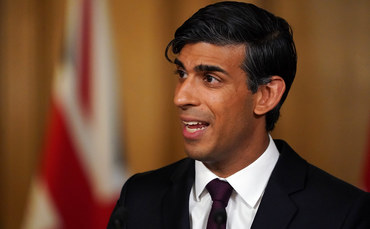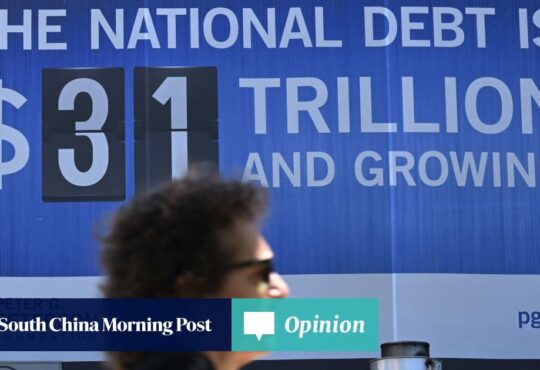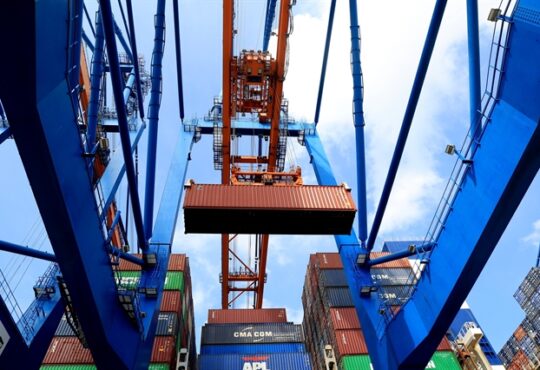
The former chancellor has been successful in his bid to become the new Conservative Party leader and thus next prime minister, replacing Liz Truss, who resigned on 20 October after just 44 days in office.
The news has spared markets any additional uncertainty today, with sterling edging higher after the announcement and falling gilt yields bringing hope that borrowing costs may continue to ease.
Ten-year gilt yields are down 6% to 3.8%, while two-year gilt yields have decreased to 3.3%, from 3.8% last Friday. Sterling is broadly flat on the day at $1.13, having retraced slightly after reaching an intraday high of $1.1376.
Meanwhile, the FTSE UK’s main equity indexes reached session highs. The blue-chip FTSE 100 rose 0.6%, while the domestically focussed FTSE 250 index jumped 1.3%.
Hargreaves Lansdown senior investment and markets analyst Susannah Streeter said that Sunak will be determined “not to see the bond market run amok again”, threatening the country’s financial stability.
“He will be revelling in the fact that his curriculum of higher taxes and curtailed spending, which he preached on the campaign trail, is already being followed,” she said.
“However, it is likely he will take an even harder line now on government budgets, given the punishment threatened to be handed out again comes in the form of much higher government borrowing costs.”
He will also want to show he is cooperating with the Bank of England (BoE) “by being ultra conservative” fiscally in a bid to tame high inflation, she added.
Abrdn investment director James Athey said the speed with which the new PM can now enter number ten make this outcome the most “market friendly one that was possible in the short term”.
However, he said that the economic future however remains fraught, inflation remains far too high and the BoE has not “yet really grasped the nettle”. As such, he noted that the future is “far from ideal” for UK investors.
deVere Group chief executive Nigel Green said that although Sunak is seen as having a “safer pair of hands” than his predecessor, the current relief rally of the markets will be “over sooner rather than later” because the UK still faces a “storm of economic problems”.
“There is the brewing deep and painful recession, soaring energy prices, inflation running at more than 10%, labour gaps, ongoing supply chain dramas, and the BoE intent on hiking interest rates,” he said.
In the short term, the appointment of Rishi Sunak as the UK’s next PM may lessen some of the pressure and volatility in the gilt market but “fundamental issues remain for the medium term”, said Capital.com market specialist Piero Cingari.
“The BoE still faces a tricky balancing act — on the one hand, the BoE still needs to raise rates materially from here especially as inflation is likely to climb further. This might continue to exert upward pressure on gilt yields,” he said.
“On the other hand a rising rate environment might increase the prospect of a recession, declining real incomes and softening demand in the economy—all of which will likely add further pressure on the pound.”





